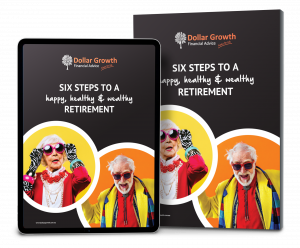Navigating the Financial Divide: The Impact of Rising Costs on Young and Older Australians
The Financial Struggle for the Younger Generation
In today’s economy, young Australians are finding themselves in an increasingly difficult position. Interest rates are on the rise, and with them, the financial pressures on those under 30 are intensifying. The latest data from Commbank iQ reveals a concerning trend: after housing expenses are accounted for, young adults are not only struggling to keep up with the cost of living but are also forced to cut back on essential items like food, fuel, and insurance.
The Changing Expenditure Landscape
This financial strain contrasts sharply with the behaviour of older Australians, particularly those over 65. This demographic appears to be living it up, with spending on non-essential items outpacing inflation. They’re indulging in luxuries such as cruises, which have seen a 55% increase in spending, and online travel bookings, up by 34%. This is a stark reversal from pandemic trends, where 25- to 29-year-olds were actually boosting their spending.
The Tipping Point
Mid-2022 marked a critical turning point as the Reserve Bank of Australia began raising interest rates to combat inflation. These hikes have led to higher mortgage repayments, further burdening younger individuals who are more likely to be renting or carrying substantial mortgage debt. Compounding the issue is a rental market squeezed by a vacancy rate that has dipped below 1%, according to CoreLogic.
The Discrepancies in Financial Realities
While some young Australians still find ways to enjoy themselves economically, there’s no ignoring the discrepancies in financial experiences. Older renters, particularly women in their later years, are increasingly vulnerable to homelessness amid the cost-of-living crisis. Location also plays a significant role in financial stress levels – those in eastern state cities like Sydney or Melbourne are feeling the pinch as rents climb following a surge in international migration and a slowdown in regional relocations post-COVID.
The Broader Picture
Pleasingly amongst our clients we are seeing spending that isn’t going to jeopardise their long-term goals. We are also seeing more clients consider relocation and resizing taking advantage of the current property market.
Travel has been a growing focus, but it is in large part constrained to Australia with considerations of the price of airfares, political stability and COVID top of mind.
We definitely haven’t seen any clients spending like “drunken sailors” We put this down to our clients being educated, informed and having a partner in us to guide them with their financial decision making.
It is clear that financial wellbeing in Australia is significantly influenced by age, location, and income level. There is a divide that underscores the need for life planning tailored to individual circumstances. As Australians navigate these challenging times, developing strategies for financial independence with a sound financial plan becomes increasingly crucial.
Disclaimer: This may contain general advice. It does not take account of your objectives, financial situation or needs. You should talk to a financial adviser before making a financial decision. This has been prepared by Dollar Growth Financial Advice Pty. Ltd. refer to the Financial Services Guide for details. While care has been taken in the preparation of this, no liability is accepted by Dollar Growth Financial Advice Pty. Ltd., its related entities, agents, representatives, employees for any loss arising from reliance on the information contained herein.
